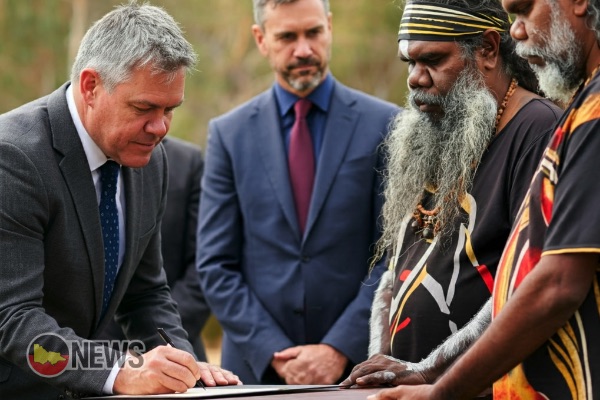Strictly speaking – Yes. In general terms – No.
This is where we get totally side-tracked by the word rather than the intent and goal; and strictly speaking, yes, a treaty is an “international agreement”.
Let’s look at a couple of key definitions. First up, the good old Encyclopedia Britannica, which states:
According to the Australian Department of Foreign Affairs and Trade:
Therein lies the crux of the use of the word “Treaty” in the Victorian process. In the strictest sense of the word, it isn’t a Treaty that is being negotiated.
Rather, it is – as explained by Professor Cheryl Saunders in this interview – a “solemn agreement” between parties. In the case of the statewide Treaty, the Victorian Government and the First Peoples’ Assembly of Victoria.
Final Note: Don’t get hung up on the word. It’s the process rather than the word.





0 Comments